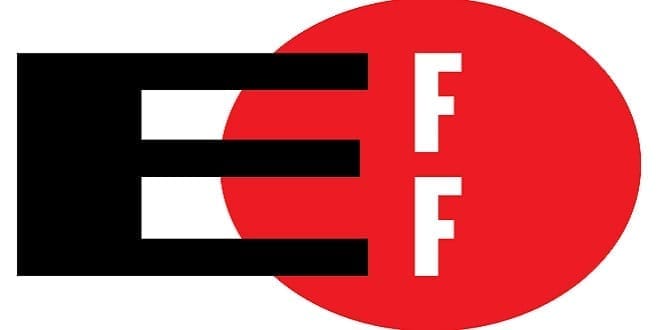Digital rights activist organization Electronic Frontier Foundation has reported that Texas law enforcement agencies have just gotten a great offer from Vigilant Solutions, a large broker of vehicle surveillance technology, such as license plate readers. Specifically, Vigilant has offered any and all law enforcement agency a "whole suite of automated license plate reader equipment," with a Billy Mays worthy "but wait, there's more!" moment on the side. Access to the company's databases with lists of outstanding offenders that owe fines that have been gathered by their equipment to date, as well as a massive database of other plate scans totaling around 2.8 billion, on top of their analytical tools are also included in the deal. And wait, there's more as the best part is that Vigilant is offering this for free.
Like any other self respecting private sector company, Vigilant is in the business to make money, but it is curious why they would offer expensive equipment for free - until you get into the particulars. Vigilant is taking advantage of a recently passed law in Texas - specifically, H.B. 121, which allows sworn officers to carry debit and credit card processing equipment inside their squad cars to collect stray fines from a traffic stop on the spot. This measure was supported by several law enforcement reform organizations, though not without protest. It seems these protests are not without merit, as the catch is within this law that Vigilant is trying to pick profits from.
Under Vigilant's agreement, when an officer is on patrol and his Vigilant Systems provided reader scans a plate belonging to a person owing a fine, they can pull them over and either arrest them for their outstanding fine or they pay on the spot - with an extra 25% tacked on for "processing" by Vigilant systems, all of which they get. Considering the fines imposed by any state can get rather big, we are talking about anywhere from twenty dollars to several hundred to possibly even thousands of dollars. This effectively places a tax on any motorist caught using this technology that owe outstanding fines, many of whom already have financial struggles. Vigilant asserts that a law allowing companies to collect "reasonable fees" for the cost of operating their systems makes this legal for them to do so, though the EFF asserts that this is far from reasonable.
It unfortunately doesn't end there either. Vigilant has placed clauses in their contract in this offering to law enforcement agencies that if they ever terminate the contract, all of the information gathered via these license plate readers is kept by Vigilant for future use, including by other law enforcement agencies that might later take Vigilant up on their apparently generous offer and gain access to this database, if this is part of any potential future deal. Their database, dubbed LEARN-NVLS, already contains 2.8 billion plate scans and grows by 70 million scans a month, all of that will be maintained by them until the data is "no longer commercially viable." Buried within these same contracts are also statements preventing the department from making "disparaging statements" about Vigilant, including allowing a member of the press to take screenshots of any information gathered by Vigilant's systems, thereby making requests for comment on the matter by the press likely ignored by a police agency using these systems.
Currently, Guadalupe County and City of Kyle, Texas use Vigilant's systems. It is unknown at this time if any other law enforcement agency within the state will take Vigilant up on this offer, though it appears that Guadalupe County has been using Vigilant's systems for at least the past year.
EFF's final assertions are that, aside from potential privacy violations, this deal would turn law enforcement into "debt collectors," as well as taking priority out of incident response and placing it into chasing down anyone that might have an outstanding arrest warrant of fine. Add to the contract clauses that prevent disclosure to the public and the press, and you get a layer of obscurity that neither public nor policy maker can see through.
The EFF has expressed concerns with license plate reader technology in the past. From a license plate scan, police easily have access to who owns the car, where they live, and their personal details. According to the EFF, with enough scans of the same license plate, one can clearly delve a pattern of a person's activities - where they work, where they might stop for lunch or dinner on a regular basis, and any other establishments they may frequent. Each scan is also time stamped, so not only where, but when appears in every datapoint gathered by these machines.







